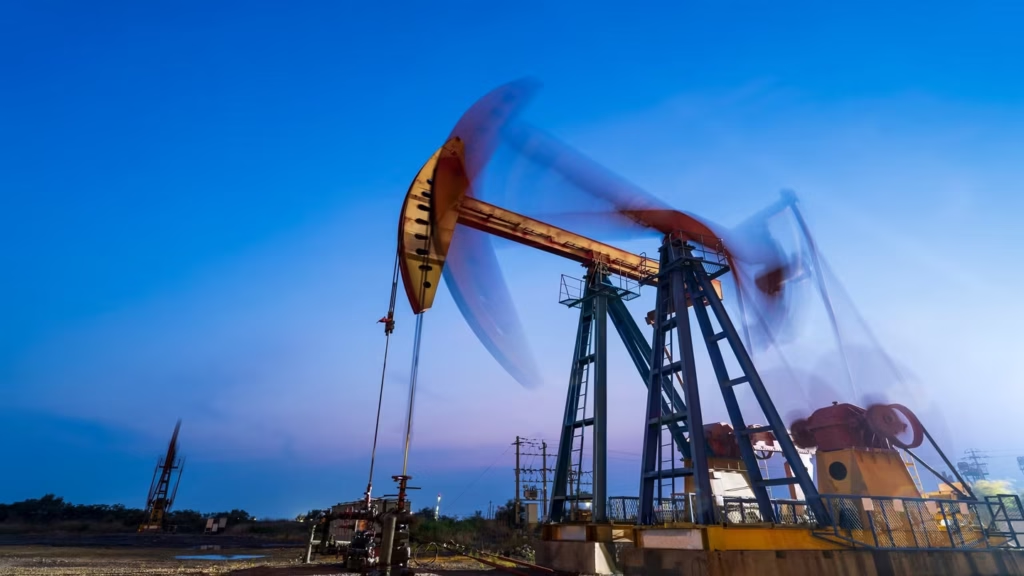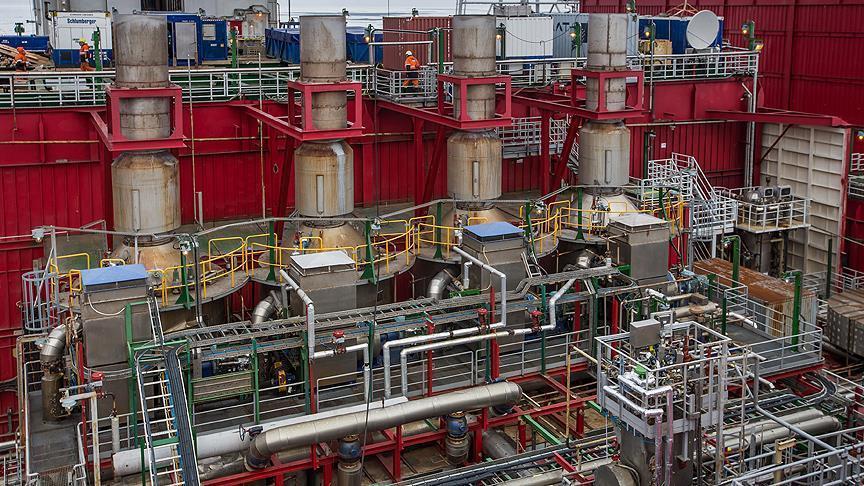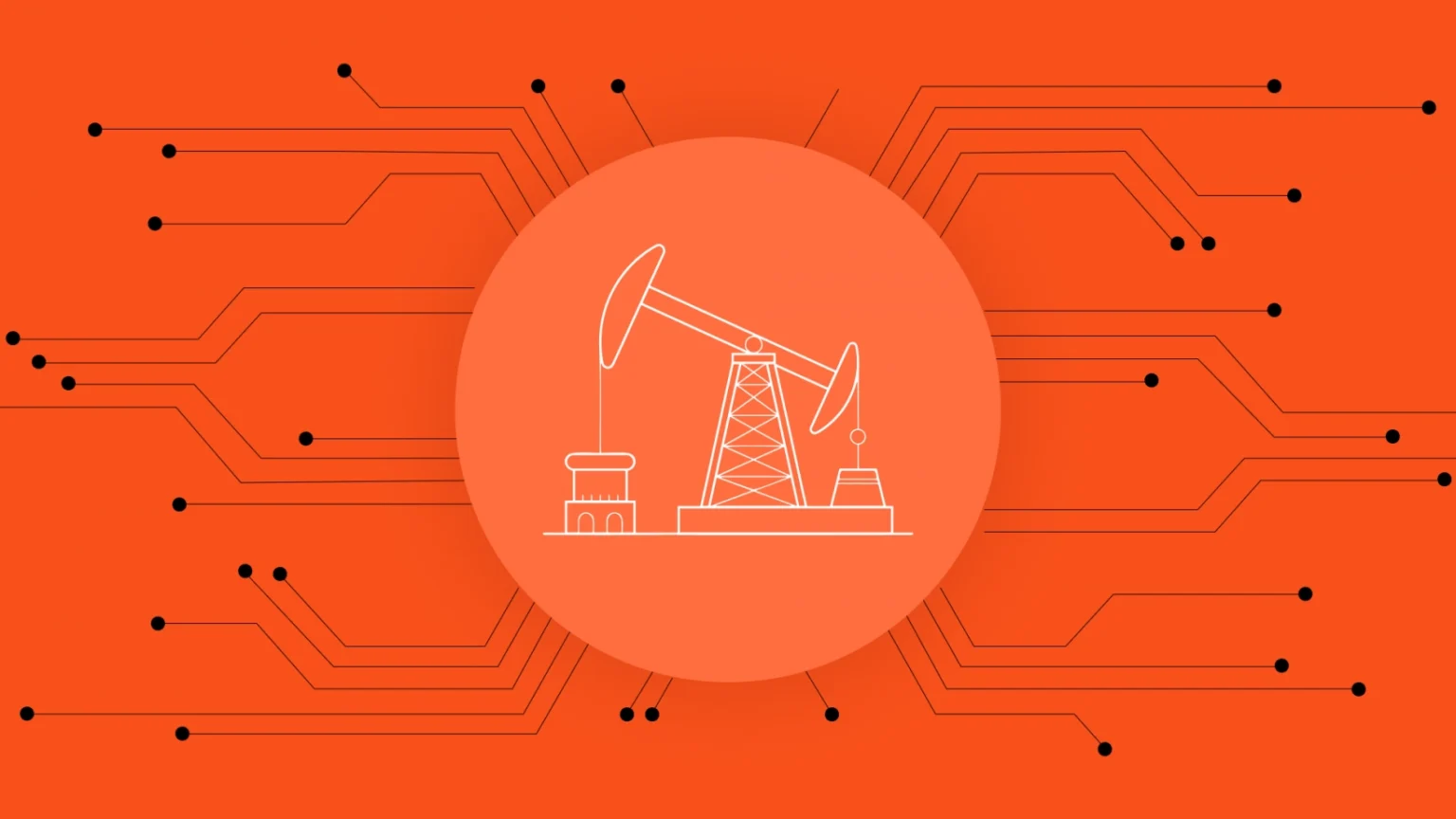Introduction
Oman has long been known as a nation deeply connected with its oil and gas reserves, and this industry has played a defining role in the country’s growth, development, and global recognition. Over the decades, technology has continuously reshaped how oil and gas operations function, and now blockchain is emerging as a powerful force that promises to bring transparency, security, and efficiency to the industry. The adoption of blockchain in Oman’s oil and gas sector is not just about integrating a new tool it represents a cultural and operational shift that redefines trust, collaboration, and innovation.
The oil and gas industry faces complex challenges that include fluctuating prices, global supply chain disruptions, rising competition, and environmental accountability. With its ability to create tamper-proof, decentralized, and transparent systems, blockchain is offering solutions that can help Oman overcome these challenges and establish itself as a future-ready energy leader. This article dives deep into how blockchain adoption is transforming Oman’s oil and gas industry, the opportunities it brings, the challenges it faces, and the path ahead.
Understanding Blockchain in Simple Terms
Blockchain might sound like a complicated technology, but at its core, it is a digital ledger that records transactions securely, transparently, and permanently. Unlike traditional databases controlled by a single authority, blockchain distributes information across a network, ensuring no single party can alter the data without consensus. In the oil and gas industry, this means greater trust in records, smarter contract management, and a transparent flow of information across stakeholders.
For Oman, which relies heavily on the oil and gas sector for its economy, blockchain offers tools to track every barrel of oil, monitor supply chains in real time, and reduce inefficiencies. This not only benefits companies but also strengthens Oman’s reputation as a trustworthy energy provider in global markets.
Enhancing Transparency and Trust
One of the biggest challenges in oil and gas has always been trust between various stakeholders—exploration companies, contractors, governments, buyers, and regulators. With so many players involved, disputes over contracts, deliveries, or compliance are common. Blockchain solves this by creating a single version of truth. Every transaction, from exploration data to fuel delivery, is recorded in a secure and transparent ledger.
For Oman, this transparency builds stronger relationships with international partners and investors. It assures buyers that the oil they are purchasing has been ethically sourced and accurately measured. It also minimizes disputes, accelerates contract settlements, and fosters an environment of trust that is critical in a globally competitive industry.

Optimizing Supply Chain Management
The oil and gas supply chain is one of the most complex in the world. It involves multiple processes, from exploration and drilling to refining, shipping, and distribution. Even small inefficiencies can result in huge financial losses. Blockchain provides real-time visibility across this chain, helping companies track shipments, verify suppliers, and ensure compliance with safety and quality standards.
In Oman, adopting blockchain in the supply chain means companies can track the journey of oil from extraction to final delivery with unmatched accuracy. For example, each transaction along the chain from equipment maintenance to shipping logistics can be recorded on the blockchain. This reduces paperwork, prevents fraud, and enables faster decision-making. The result is not only cost savings but also an improved reputation as a nation capable of delivering reliable, timely, and high-quality energy solutions.
Revolutionizing Smart Contracts
Contracts are the backbone of oil and gas operations, but traditional contract management is often slow, expensive, and prone to disputes. Blockchain introduces the concept of smart contracts self-executing agreements with terms directly written into code. When the conditions of the contract are met, the system automatically enforces the agreement, eliminating the need for intermediaries.
For Oman, smart contracts can significantly reduce operational delays. For example, payments to suppliers or contractors can be released instantly once the agreed conditions are met. This not only speeds up operations but also reduces costs and enhances fairness across the industry. In a sector where time is money, blockchain-driven smart contracts could become a cornerstone of Oman’s oil and gas modernization.
Improving Data Security
Oil and gas companies deal with massive amounts of sensitive data, including geological surveys, financial records, and operational details. Traditional systems are vulnerable to cyberattacks, data leaks, and manipulation. Blockchain offers a secure way to store and share data because every entry is encrypted and distributed across the network, making it nearly impossible to tamper with.
For Oman, this level of data security is crucial, especially as it strengthens partnerships with international companies. With blockchain, the government and private operators can ensure data integrity, build stronger cyber defenses, and protect national energy resources from digital threats.
Supporting Environmental and Sustainability Goals
In today’s world, the oil and gas industry is under immense pressure to balance energy production with environmental sustainability. Blockchain can play a vital role in ensuring compliance with environmental standards and tracking carbon emissions. By recording every step of the production process, companies can prove their adherence to green practices and demonstrate accountability.
For Oman, this could mean tracking how much carbon is emitted during production or ensuring that renewable energy is integrated into operations. With blockchain, Oman can present itself as a responsible energy producer that is not only focusing on profitability but also on sustainability. This enhances Oman’s global reputation and aligns with its long-term vision for sustainable development.

Boosting Efficiency and Reducing Costs
Operational inefficiencies and paperwork are common in oil and gas, often resulting in wasted time and resources. Blockchain reduces the need for manual verification, cuts down on intermediaries, and streamlines processes. The automation and transparency it provides can save companies millions of dollars annually.
In Oman, where oil revenues play a central role in the economy, even small improvements in efficiency can have a significant impact on the national budget. By adopting blockchain, Oman’s oil and gas companies can focus more on innovation and less on bureaucratic hurdles, positioning themselves as agile and efficient players in the global market.
Challenges in Blockchain Adoption
While the opportunities are immense, blockchain adoption is not without challenges. The first challenge is the cost of implementation, as transitioning from traditional systems to blockchain requires significant investment in technology, training, and infrastructure. The second challenge is regulatory uncertainty, as clear frameworks are needed to govern blockchain usage in the energy sector.
Oman also faces the challenge of building the necessary skills and expertise among its workforce. Blockchain technology is relatively new, and specialists are in high demand globally. Without the right talent, adoption can be slow and less effective. However, these challenges are not insurmountable, and with the right vision and policies, Oman can overcome them and lead the way in blockchain-driven oil and gas innovation.
The Role of Collaboration
The success of blockchain in Oman’s oil and gas industry will depend on collaboration between the government, private companies, and international partners. By creating platforms for knowledge-sharing, joint investments, and pilot projects, Oman can accelerate adoption and create a competitive ecosystem. Collaboration with global blockchain technology providers will also allow Oman to integrate best practices and avoid pitfalls.
The Future of Blockchain in Oman’s Energy Sector
Looking ahead, blockchain adoption in Oman’s oil and gas industry has the potential to create a ripple effect across the economy. As the industry becomes more transparent, efficient, and secure, it will attract foreign investment, boost national revenues, and create job opportunities in technology and innovation.
Blockchain will also prepare Oman for the future of energy, where digitalization, sustainability, and global trust will be as important as physical resources. By embracing blockchain today, Oman is not just modernizing its oil and gas sector but also securing its place as a forward-looking energy leader in the region.
Conclusion
Blockchain is more than just a technological upgrade for Oman’s oil and gas industry it is a transformative force that redefines trust, efficiency, and sustainability. From supply chain transparency to smart contracts, from environmental accountability to data security, the potential is vast. While challenges remain, the opportunities outweigh them by far.
For Oman, blockchain adoption is not simply about keeping up with global trends. It is about building a resilient, innovative, and future-ready energy industry that strengthens the nation’s economy and reputation on the world stage. By moving decisively and strategically, Oman can ensure that its oil and gas sector remains a pillar of strength while embracing the digital future with confidence and vision.
Also Read – Oman’s E-Commerce Boom Fueling Innovation and Economic Growth



